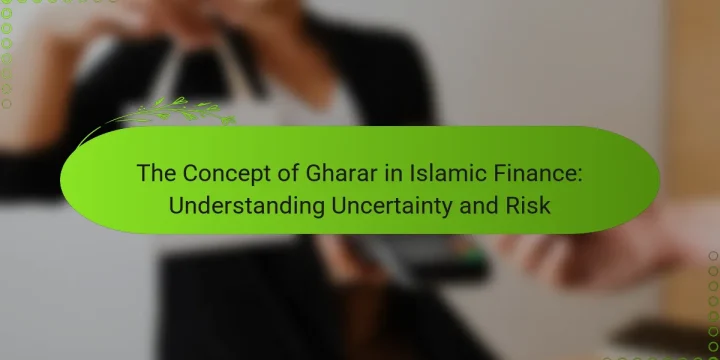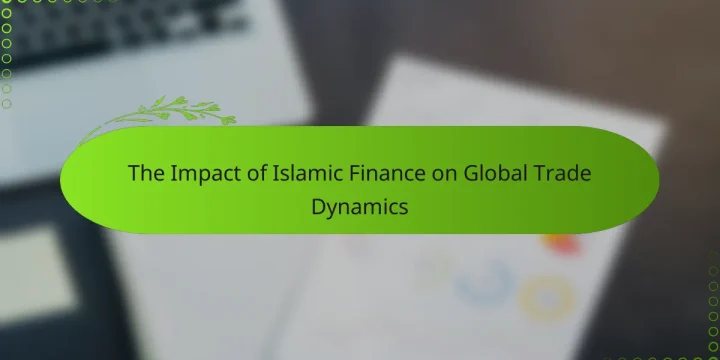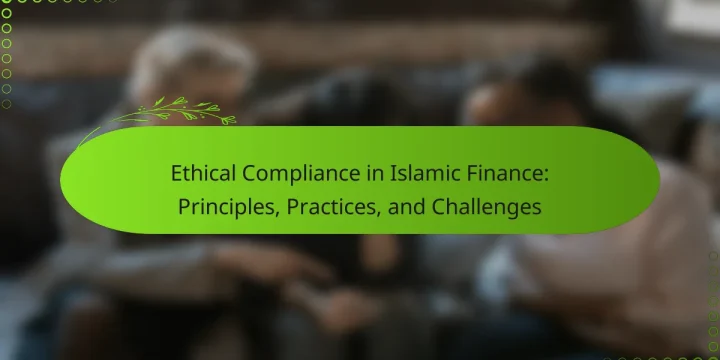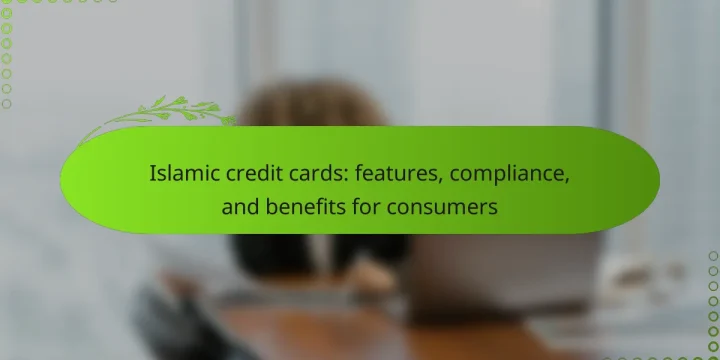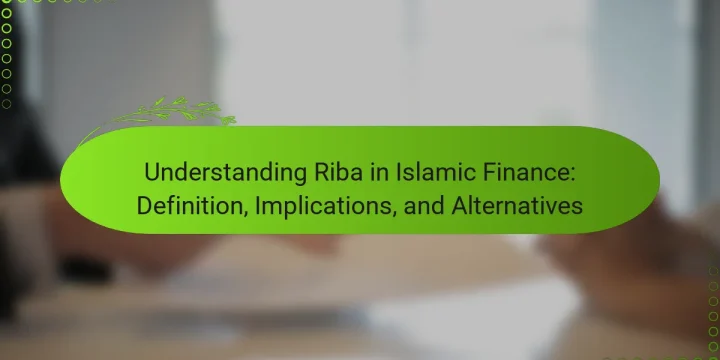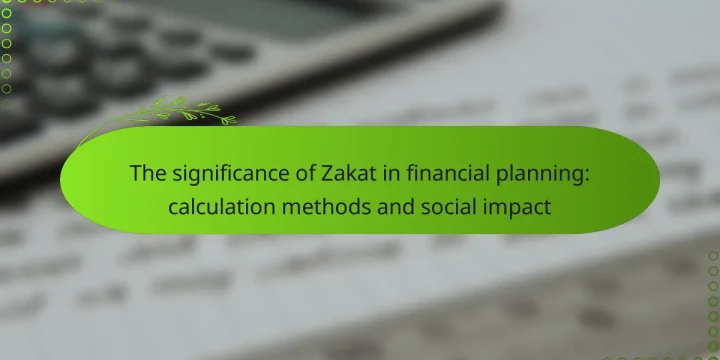
What is ethical real estate development? Ethical real estate development is a practice that prioritizes social responsibility, environmental sustainability, and economic viability. It involves creating properties that benefit communities while minimizing negative impacts. Ethical developers engage with stakeholders, including local residents and governments, to ensure transparency and inclusivity. They focus on sustainable building practices, such as using eco-friendly materials and energy-efficient designs. This approach also emphasizes affordable housing and community amenities. Research shows that ethical development can lead to stronger community ties and improved quality of life. A study by the Urban Land Institute highlights that ethical practices can enhance property values and attract investment. How does ethical real estate development differ from traditional development? Ethical real estate development prioritizes social responsibility and environmental sustainability, unlike traditional development. It focuses…
